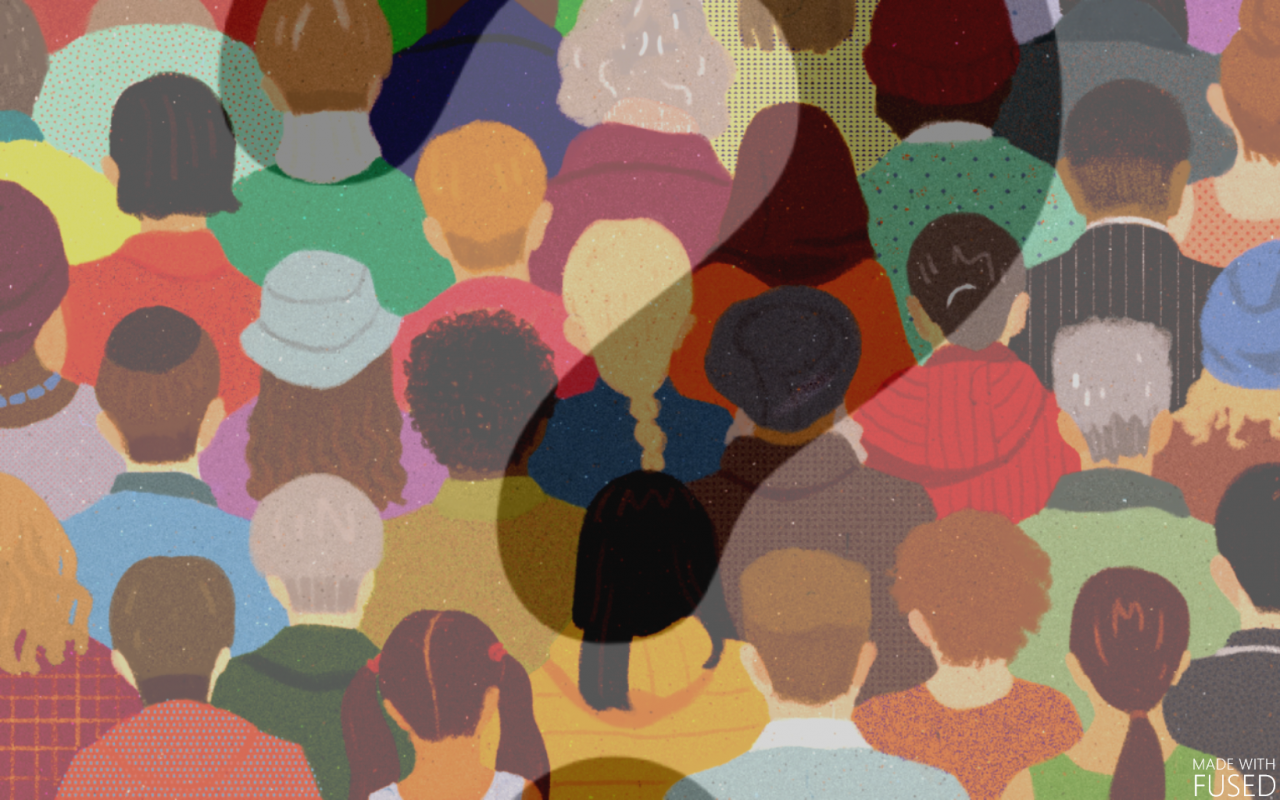As the Diversity editor of Rising East, I didn’t think that the day of questioning my own job title would come so quickly! Multiculturalism is a good thing, a beneficial thing, a progressive thing. It has changed the face of the world – I know it’s a cliché but it’s true, and it has opened the doors to tolerance, understanding and a deeper sense of humanity. But what about its limitations? If multiculturalism is defined as reciprocal recognition of the differences between cultures, where does that take us to? Does there come a point where core values are simply different – and there’s nothing with which to reconcile them? To me, that seems to be the point at which multiculturalism stops working. In other words, I’m pointing to the limits of multiculturalism.
Differences in core values are often influenced by larger factors that play a fundamental role in daily life. These key factors, including religion, ethnic culture, childhood and upbringing, inform a person’s life world and filter out other factors which may be crucial to other people’s existence. It might sound abstract, but this process exerts a concrete influence on who the individual becomes, and the values and beliefs that person holds. And as we all know, these factors continue to prompt tensions and conflicts which we probably won’t hear the end of in our lifetime.
There are circumstances in which individuals’ core beliefs can never be reconciled – especially when cultural difference is our organising principle. Yes, we can aspire to tolerance and acceptance, but there is also the very large elephant in the room that needs to be addressed: the fact that your core beliefs may clash head-on with mine; and when this happens, multiculturalism runs out of things to say.
As the Centre for Clinical Interventions suggests, core beliefs are the “very essence of how WE see ourselves, the world and the future…these core beliefs become ‘activated’ in certain situations.” In such situations, how people see themselves will determine how they act – and sometimes their actions include conflict with others who see themselves differently.
Looking at the multicultural city that I live in, I have been exposed to a variety of people, religions, cultures and upbringings – the list really is endless! From my own experience, religious differences are the pinch-point for multiculturalism, although ‘religion’ is sometimes only the first expression of differences which define a whole way of life.
Given the passion that people hold for their faiths, sometimes they are bound to clash. Yes, it is vital to promote understanding and acceptance but we must also recognise that there are times when differences are so sharp, and held so dearly, that there will never be agreement. And that is OK! I certainly do feel that if communities try TOO hard to delve deep into people’s personal beliefs to gain an understanding, it can even add to the tension, making outright hostility almost inevitable.
What I seem to see increasingly is people from minority backgrounds being identified only in terms of that background, whether it is religious or ethnic. But our identities are more complex than that – and more fluid. As human beings, we have a variety of interests, beliefs and principles. We are part of different groups in various aspects of our lives and at various times. Therefore, grouping people together under just one label and ignoring their multiple identities, is damaging and limiting.
In this city there are hundreds of small communities containing deep-seated differences among their own members. There are intercommunity differences covering a whole range of beliefs on issues ranging from divorce to homosexuality. So how can we expect multiculturalism to solve everything when there are irreconcilable differences within our own small groups?
Even if individuals belong to a certain group, it does not mean that their individuality is wholly owned by their belonging. Attempting to confine them within this group – as if they have no other existence outside it – is a recipe for disaster.
This is something that I can really relate to. I’ve had people tell me that all Muslim students can ‘be found in mosques’, and although I’ve never been to Africa, I keep getting asked which dialect of North African Arabic I speak. I mean come on, stereotypical much?
Being of South Asian descent, one example in my ethnic history that illustrates the importance of NOT grouping people together under just one label, is the 70-year-old Partition of the Indian subcontinent. As their parting gesture to the continent they had oppressed for so long, British colonialists separated its people by religion, dividing India into two – the nation state of India for the Hindus, Pakistan and ‘East Pakistan’ for the Muslims.
Indo-Pak relations have always been shaky since Partition. There have been undercurrents of hostility since the 1970s, and the knock-on effects are noticeable on the streets of London today. It makes me wonder: what would the subcontinent have been like if it was not fragmented and divided according to religion? What would Britain be like if there was a way of going beyond cultural differences?
Dame Louise Casey’s review of multiculturalism: A Nation Divided?, observes that ‘certain ethnic groups tend to live and mix only among themselves’ in British society, which she says is ‘understandable’. The report contains further examples of categorising ethnic community members as if they are only members of that community, and it comes close to blaming these groups for the mixed results of multiculturalism; whereas multiculturalism’s limitations are really inherent within the project itself.
If people become entrenched, why does this happen? What is the dynamic which leads to fragmentation? Why have the authorities bought in to a project which can only do difference, without offering anything beyond this?
This is the ‘Why?’ that I believe is important to introduce to communities and large multicultural metropolises like London.




